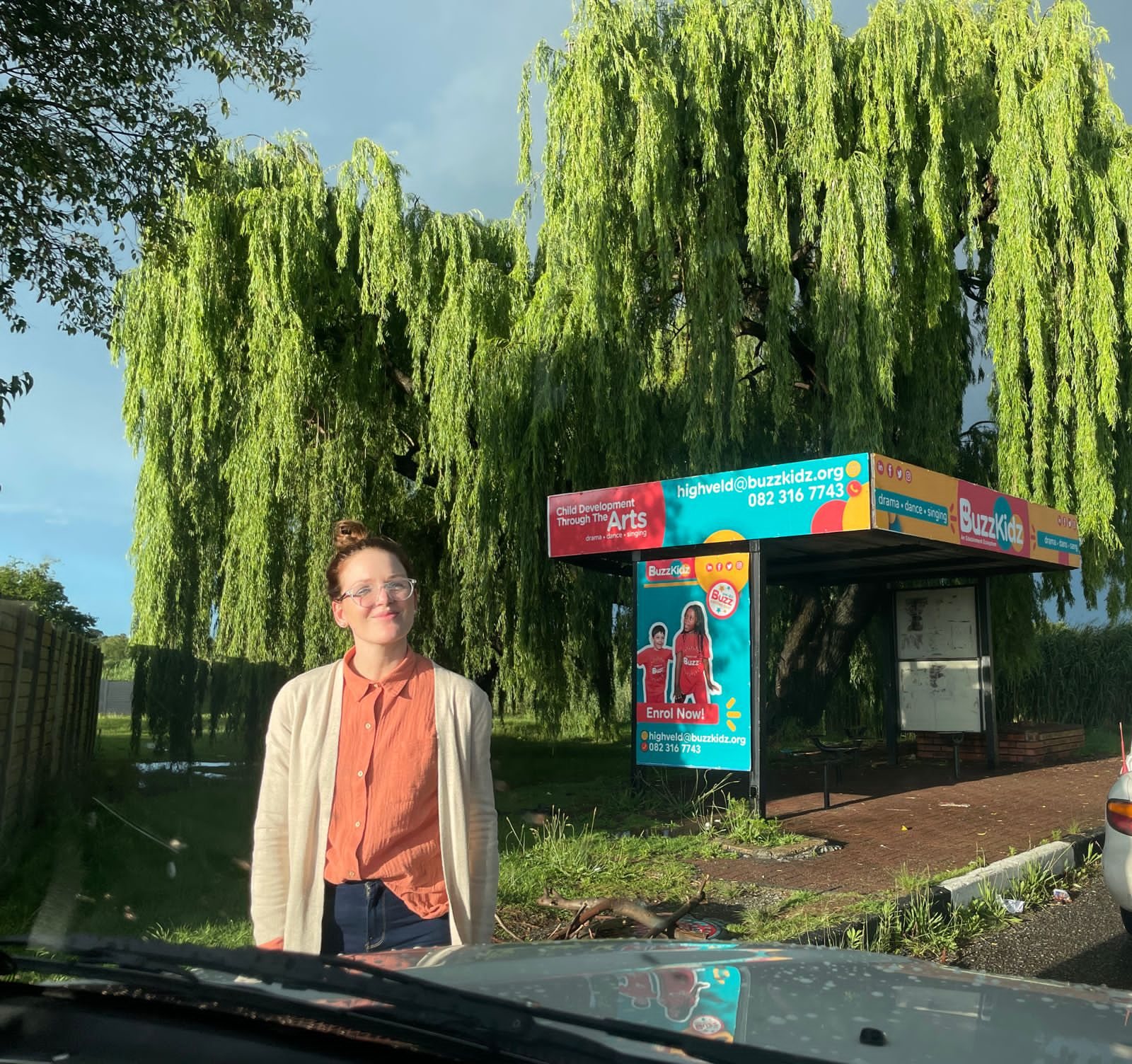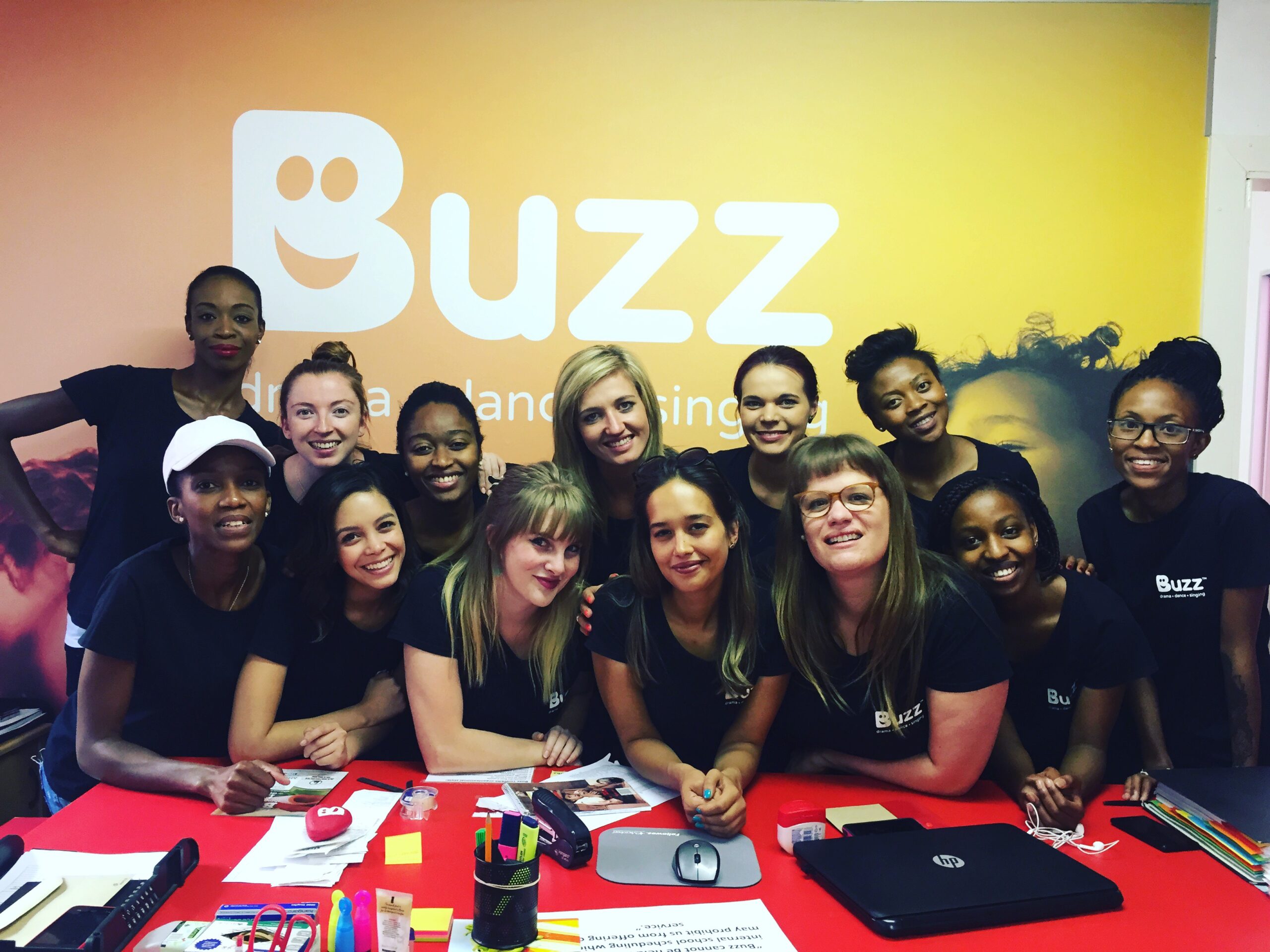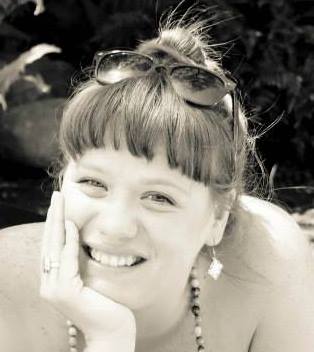Statistically: Arts graduates do not make money from their craft
Many of us fall in love with the idea of stardom, that big role, the West End, Broadway, Hollywood, Oscars. In reality, the percentage of young artists (I use performing arts as a reference above but the same is true for writers, fine artists and all the rest) who truly “make it”, according to this Guardian article, is less than 2%!
In other words, the odds of achieving the top of your game in ‘the arts’ is 98% likely NOT to happen for fully qualified artists. Yikes!
Fully qualified lawyers, on the other hand, have a 70% guarantee of finding steady employment with excellent renumeration and exceptional benefits during the course of their career. A drama graduate has a (probably less than) 2% chance of delivering that Oscar acceptance speech.
The stories of South Africa’s greatest stars (like this one of Shaleen Surti-Richards) struggling at the end of their lives without the basics like medical aid, proves that artists clearly can not earn a decent living in South Africa. There is also a strong subculture that even glorifies the idea of a humble, struggling artist. I came across it so often as a student.
Possible but improbable
Most of us know that our chances of major success as measured against “the greats” of the industry are statistically unlikely yet the allure of the stage, the screen, the meaning of art itself draws in stampedes of new fresh-faced students to drama schools and universities across the world, every year.
Deep inside each one of them (of us) a little voice, ever so sure that; “I am different, I am the one who will beat the odds, stand out, my talent shines brighter than all, you wait and see…” And why not believe that? There ARE success stories like Charlize Theron, a young girl from Benoni, South Africa with an Oscar on her shelf. It does come true. But statistically it is just cruelly, painfully unlikely.
The young lawyer is not deluding herself if she “believes she will make it.” Statistically, if she works hard, it is quite probable. I worked incredibly hard, earned scholarships, graduated top of my class at the best university and in the most renowned course for Theatre and Performance in South Africa and the moment that I got capped with my degree, December 2005 on my 23rd birthday, I broke out in a cold sweat. I remember being ill for a week. The reality of the statistical likelihood of success in my profession becoming a reality that make me sick over night.
Art as a TOOL (as opposed to art for art’s sake)
I love art. The way it helps us understand an inexplicable world by poking fun at it, mimicking it, drawing metaphors and holding space for our individual and collective experience of being human. We would be lost without rock bands, satirists, sculptures, painters, musicians, poets, orchestras, writers, comedians, galleries, cinemas, theatres, dancers, actors and the rest of the wide array of art professions. There is a famous story that, when asked to cut arts funding for the (2nd World) War effort, Winston Churchill simply replied ‘then what are we fighting for?’ Art is life.
In my opinion, art should (continue to be) in service of humanity. It is a tool for helping us understand the world. It is therapy. It is also be a tool for learning. The South African Curriculum Assessment Policy Statement (CAPS) from the Department of Basic Education says that children from Grade R to 3 MUST BE exposed to and engage with music, movement, character play and fine art AS A MEANS TO learning and understanding.
St(ART) Up! Art-Trepreneur!
Somewhere in my late twenties I became really frustrated about the notion that unless I get really “lucky” as a classic actor, I would probably always have to supplement my income. Financial success stories in arts practises are few and far between but tech start-ups, crypto, finance and big business are filled to the brim with financial success stories.
So what notions could I “steal” from the professions where financial wealth was far more likely? Could I make my own ART-up (start-up)? Why not? I decided that I would rather regret trying than regret not trying.
I decided to arrange my love of the arts, my passion for children and my belief that the intentional application of art as a TOOL for child development into a business model. The idea was to throw (not only as much passion but) as much technology and PR, web development, social media, style and confidence into as the next super funded crypto start-up.
Art in service CAN BE commercially viable
This (ST)ART-UP could not be the next “Tannie” (BLESS those Tannies, I was taught and formed by them) in a church hall doing Eisteddfod practise! It was not going to be term fees in an envelope with pen and paper. It was to become a sleek and sexy automated database; original, insanely cool new, fresh music and learning material; electronic, automatic payments; a super strong brand with a story, mission and vision.
Beginning with a business mindset, building a strong brand identity, coupled with a beautiful goal – the arts in service of child development – has allowed me to be financially successful. We are only 10 years in to building this empire (so we have only begun to reap the rewards, it only gets better from here) but I can proudly say that I am an artist who has created a financially successful business model! In the last ten years, I have travelled the world, bought a home, became a wife, a mother, employed hundreds of young people and helped hundreds of thousands of children development their 21st century skills like: collaboration, creativity, critical thinking and communication.
NOW, Buzz is Franchising and looking for people with that combination personality – a heart for the arts and a head for business!! Read more, here.






